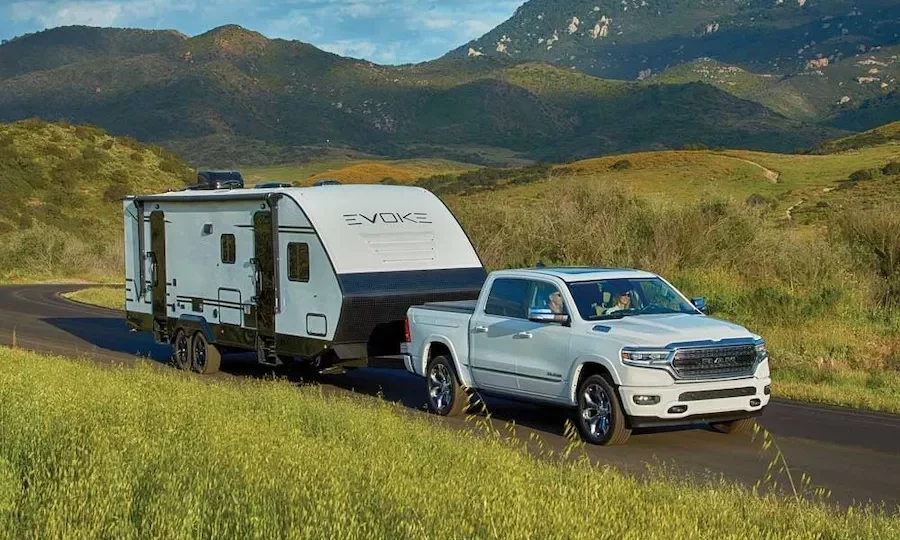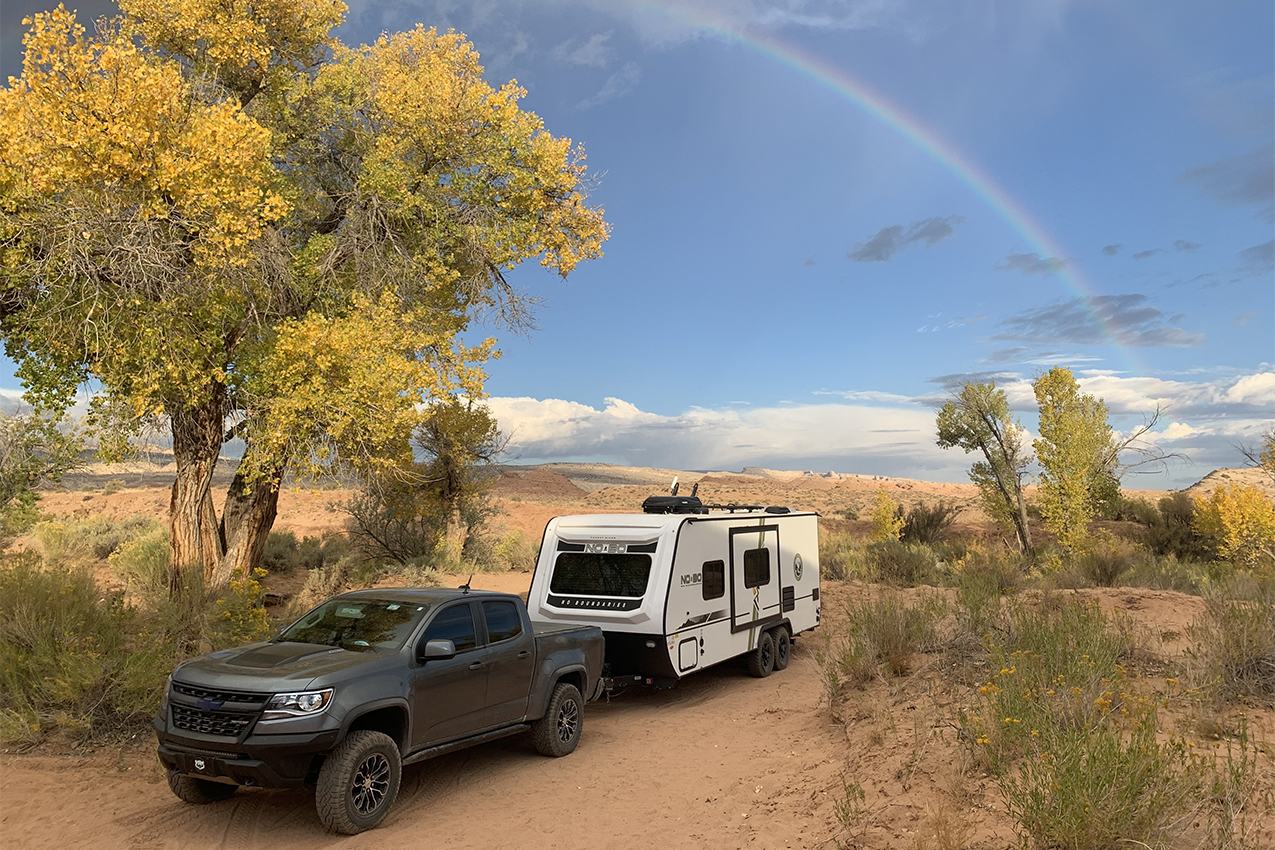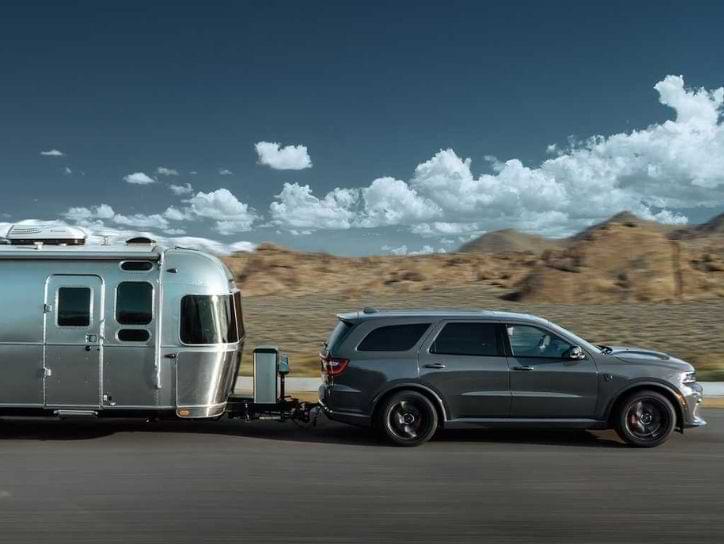
Everything You Need to Know About Towing a Travel Trailer
When hitting the roads, it is best to anticipate the possibilities of towing a travel trailer, especially those who own recreational vehicles. Part of responsible ownership is knowing safety concerns regarding travel trailer towing.
For one, first-time RVers must know the braking and dynamics of tow vehicles. This article details the know-how regarding travel trailer towing below, but you can also check out other sites that feature camper trailers under 10,000 lbs or get to pick some of the best-enclosed cargo trailers from Renown Cargo Trailers.
1. Know how to conduct a safety inspection.
For safety towing of trailers, you need to ask the following questions for a good trip:
1. Is the pin that helps secure the receiver alongside the ball mount intact?
2. Are the safety chains attached properly?
3. Are electrical plugs appropriately installed?
4. Is the hitch coupler secured?
5. Are the safety clips secured tightly with spring bar hinges?
Moreover, part of tow vehicle safety is knowing weight considerations – the rule is that the tow vehicle must match the trailer. Remember, security given several driving conditions is paramount for proper travel trailer towing.
2. Know the significant RV trailer numbers.
The Gross Vehicle Weight Rating (GVWR) and the tongue weight (TW) are vital numbers regarding RV trailers. GVWR refers to the trailer’s safe maximum weight, especially when loaded with supplies, while TW concerns the amount of downforce needed to make a hitch.
You must know these weight-related factors; spot them easily through the Federal Certification attached to any travel trailer. These help you choose the most suitable vehicle needed for towing a travel trailer.

3. Know how to get detailed towing information.
To acquire this information, you must look at commercial websites or a vehicle’s manufacturer guide. For example, ensure that a trailer’s GVWR is less than 75% when considering towing capacity.
Check trailer towing ratings to help you make decisions, too – these have information on factors like make, model, axle ratio, cab configuration, and transmission, including hitch setup. Careful checking goes a long way.
4. Know the required mirrors.
To help their rear vision, first-time RV renters or buyers utilize side-mounted mirrors – especially true for trailer towing that needs adjusted mirrors.
The adjusted mirrors in trailer towing need to be modified so that one places the RV’s inside mirror edge further out compared to the trailer’s outside edge.
5. Know how to work with strong winds.
Towing a trailer requires proper knowledge when dealing with winds, which means one who tows must learn to apply trailer brakes.
Application of trailer brakes secures reasonable control, especially on a swaying trailer. In strong winds, RV trailers must be controlled, though pulling over and waiting out are also viable options.
6. Know how to tow on icy roads.
When dealing with icy roads and trailer towing, one must go slowly. Go slowly, especially when moving downhill, making the utilization of lower gears is a must.
Another tip is to moderately release the load tension by equalizing the hitch. This step helps gain additional traction, too, for vehicle towing.
7. Know your road signs vis-a-vis towing activities.
Signs like “Dead End” might not cause too much worry for regular vehicles. However, in the case of RVs, they demand focus, especially when traveling.
You need to pay closer attention to these road signs, especially warning about towing trailers. There is no turning back with a “Dead End” sign ahead, and you will deal with more problems if you do not check height clearances and weight limits ahead of time.

8. Know laws concerning towing trailers.
Knowing the law about towing recreational vehicles is a must. Knowledge of this law makes one stay in the right-hand traffic lane.
The law also requires RVs to be near the right edge or curb as much as possible.
9. Know proper braking.
Brake fades must be on top of your list if you tow an RV. Worry about them because they can happen due to overheated brakes or brakes that are not aligned properly.
10. Know the safety tests and protocols.
Lastly, concerning towing, make sure you know what special test procedures are. For example, part of the battery of tests done includes features of avoiding accidents whenever a loaded trailer is in tow.
Ensuring that the vehicle of choice meets these safety standards is vital. Otherwise, you might have to shoulder the liability, especially if accidents happen.
Checking this information beforehand will help you avoid negligence, which some insurance companies might claim.
Final Thoughts about Towing
Towing a travel trailer might be too technical, but having this know-how can save lives and prevent accidents. It might also be prudent to look at some real-life lessons seasoned RV campers share.
Also, be on the fence when dealing with salespeople. Do your due diligence and scrutinize information well.
We hope that this guide provided you with some helpful information that can be used in the future – though we hope there would be no need to tow your trailer any time soon!









